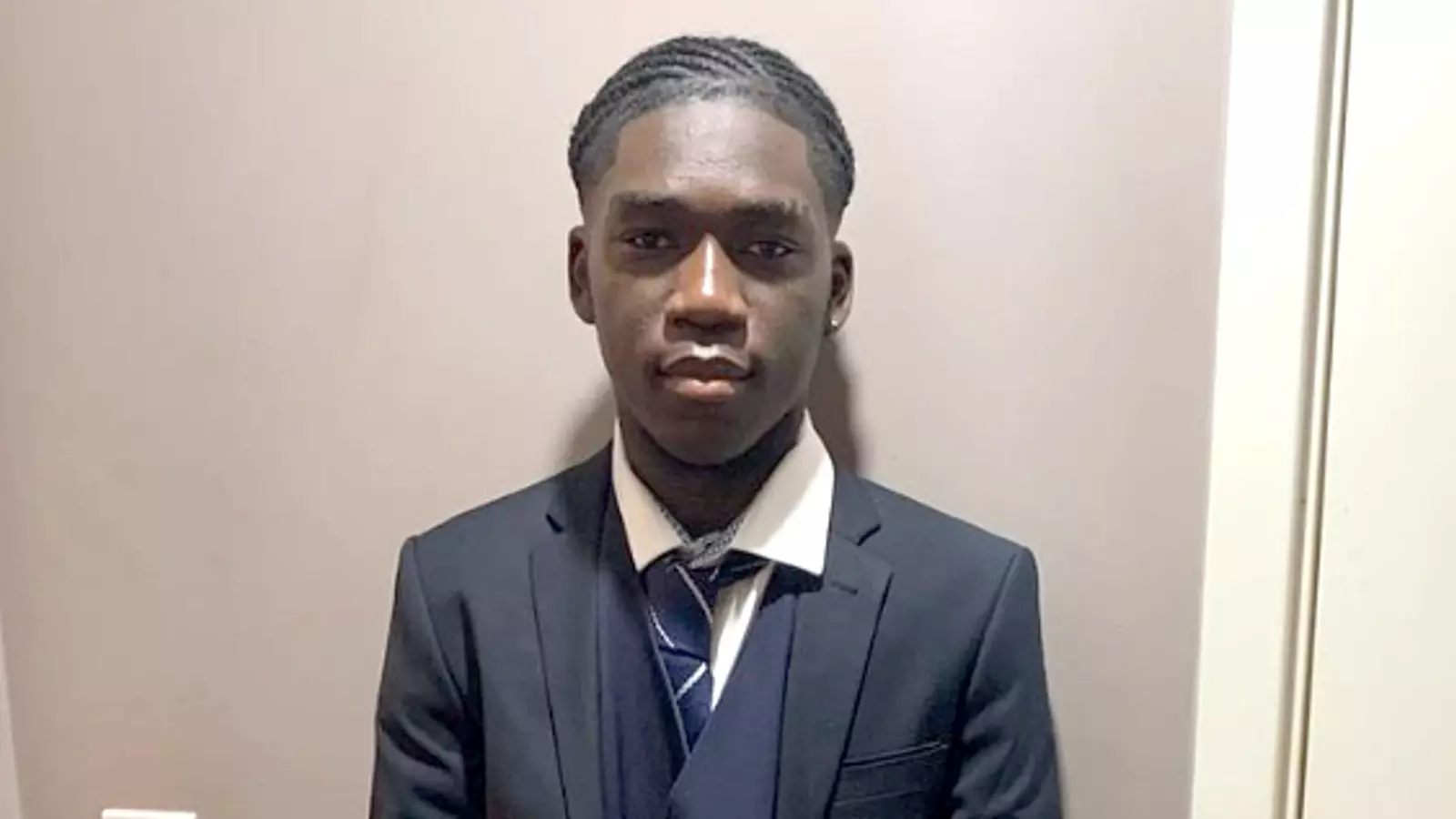The story of Marcus Fakana, an 18-year-old British tourist, serves as a cautionary tale in the context of international laws and cultural differences. While on holiday with his family in Dubai, Marcus found himself embroiled in a legal nightmare stemming from a brief romantic relationship with a girl, who was 17 at the time. Their connection, initially filled with youthful exuberance and the idealism of young love, quickly spiraled into a situation that highlighted the complexities of jurisdiction and the strictness of local laws concerning relationships, particularly involving minors.
Fakana’s case underscores the significant implications that cultural norms and legal frameworks can have on individuals who might not fully comprehend the gravity of their actions in a foreign country. The couple’s decision to keep their romance hidden from the girl’s strict family proved catastrophic. After her mother discovered their interactions upon the girl’s return to the UK, she contacted Dubai authorities, resulting in an abrupt police intervention during Marcus’s family vacation. This incident raises questions about how a simple romantic relationship can escalate into serious legal consequences, particularly in a locale with stringent laws surrounding age of consent and morality.
The level of support given to Fakana by the British government has drawn scrutiny. As he contemplates an appeal against his year-long prison sentence, the apparent lack of urgency or assistance from the Foreign Office raises important discussions about the responsibilities of government representatives concerning their citizens abroad. Radha Stirling, head of the group Detained In Dubai, labeled Marcus’s treatment a “disgrace,” illustrating the frustration many feel when navigating the complexities of legal systems that operate differently than their own. The appeal for intervention from UK Foreign Secretary David Lammy reflects a desperate need for diplomatic engagement in times of distress for British nationals overseas.
This situation starkly highlights the necessity for travelers to familiarize themselves with local laws and customs before setting foot in a foreign country. The age of consent in the UAE stands at 18, and violations of this law can result in severe penalties. With the world becoming increasingly interconnected, it is paramount for young people to exercise caution and prudence, particularly when engaging in romantic relationships across different cultural landscapes. Ignorance of the law is not a viable defense, and what may be considered acceptable behavior in one culture could lead to dire consequences in another.
Finally, Marcus Fakana’s predicament raises a broader conversation about the judicial processes in Dubai and similar jurisdictions. The assertion from Dubai’s legal system that it is committed to protecting individuals’ rights while ensuring impartial proceedings is worth examining closely. However, the swift escalation of this case from a youthful romance to a legal indictment showcases the urgent need for greater transparency and fairness in judicial assessments, particularly when the involved parties are minors. Such cases illustrate the vital intersection between personal liberty and legal responsibility in an increasingly globalized world, highlighting the need for ongoing dialogue about how best to support and protect individuals, especially young travelers, caught in complicated legal scenarios abroad.


Leave a Reply